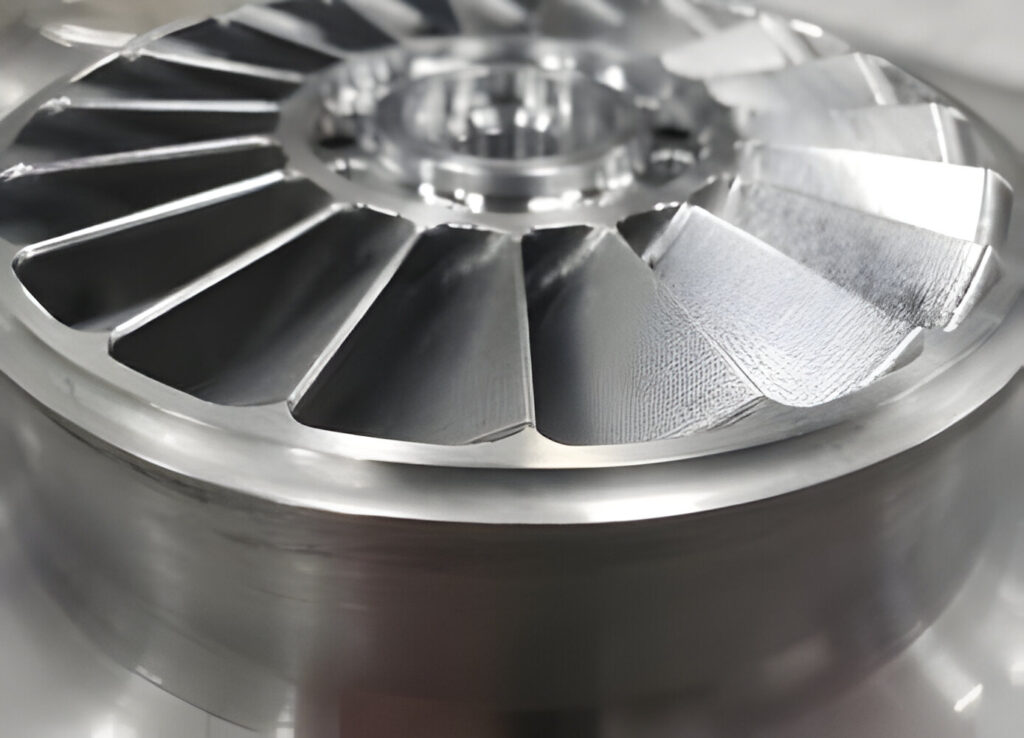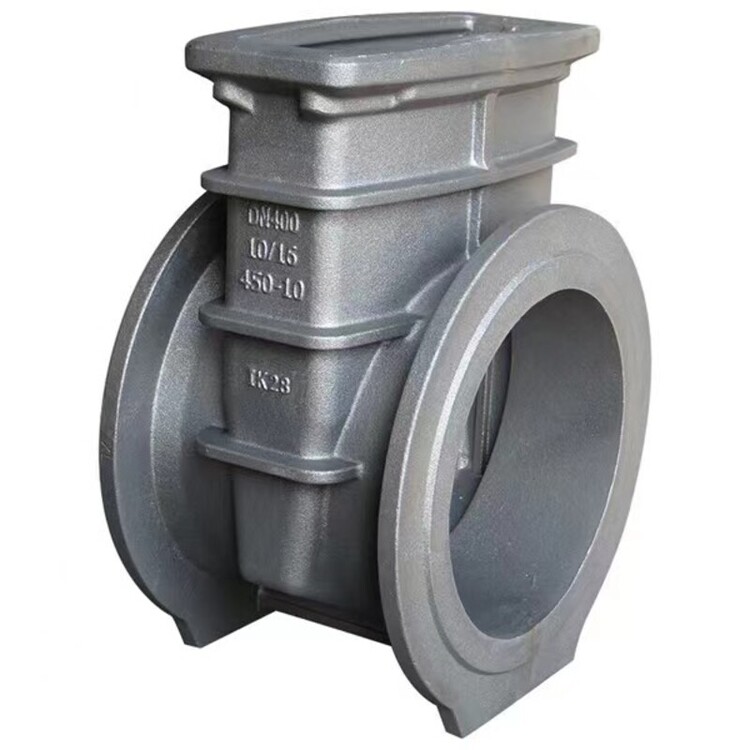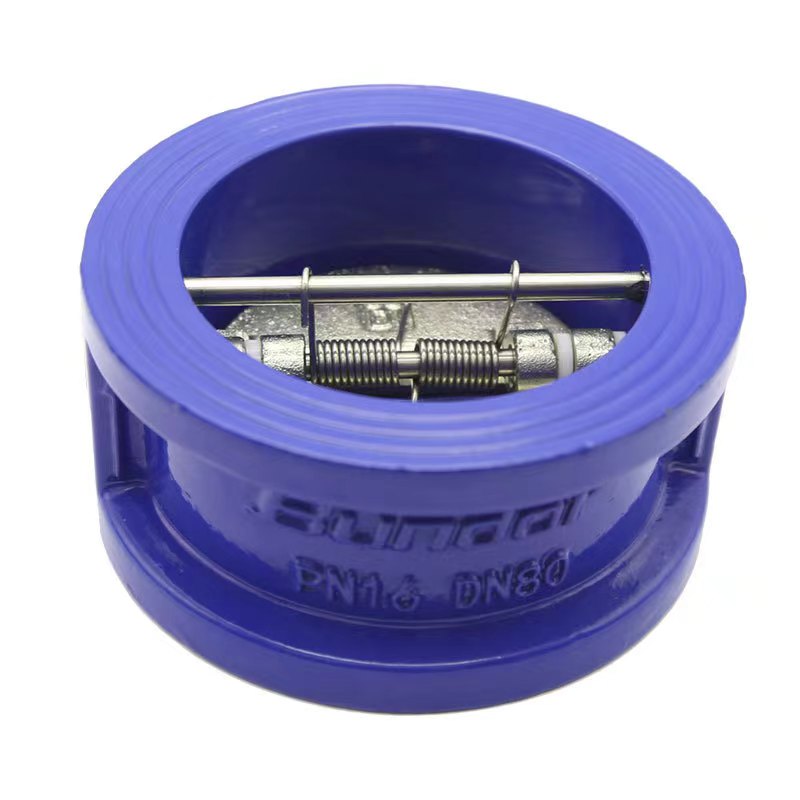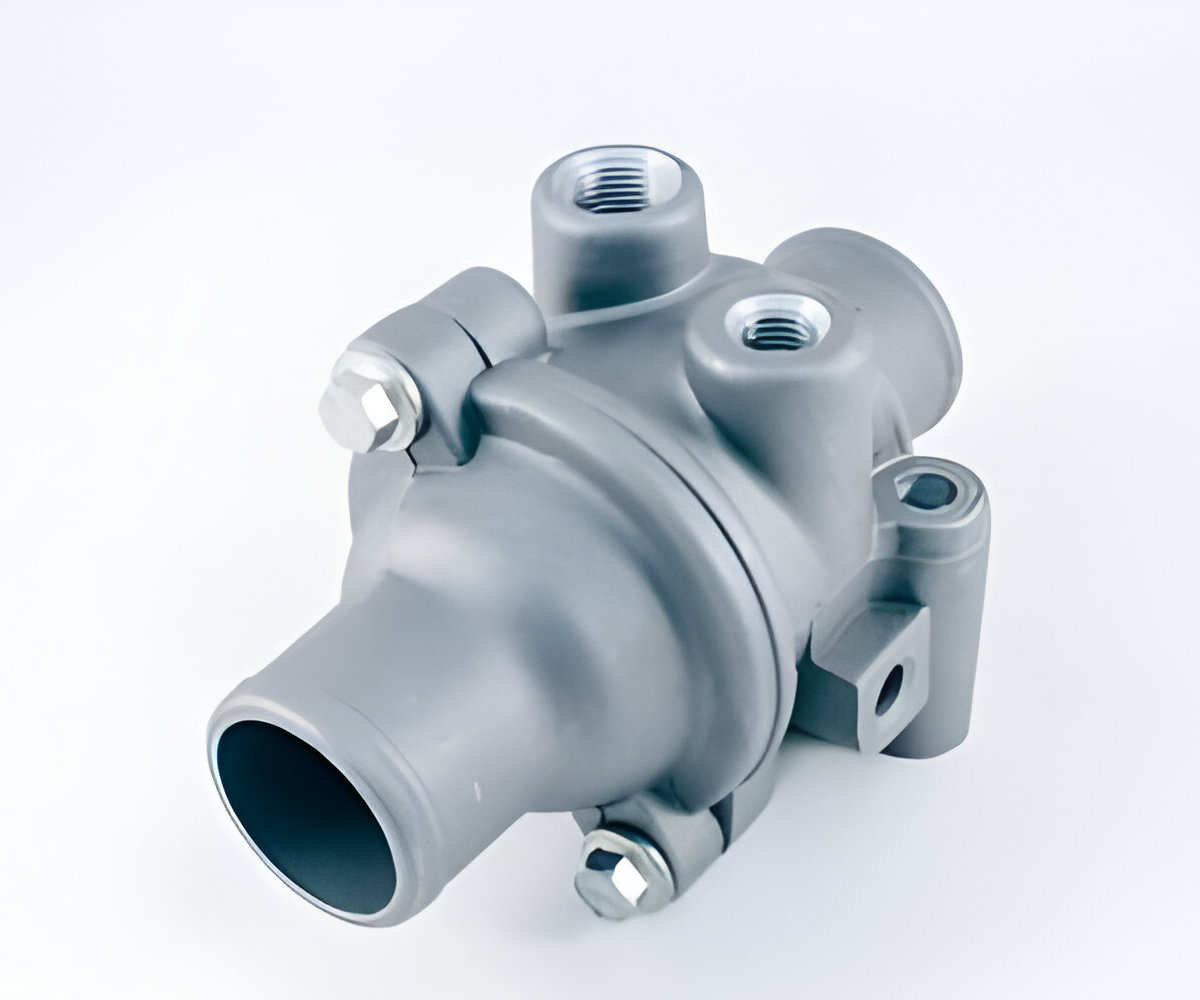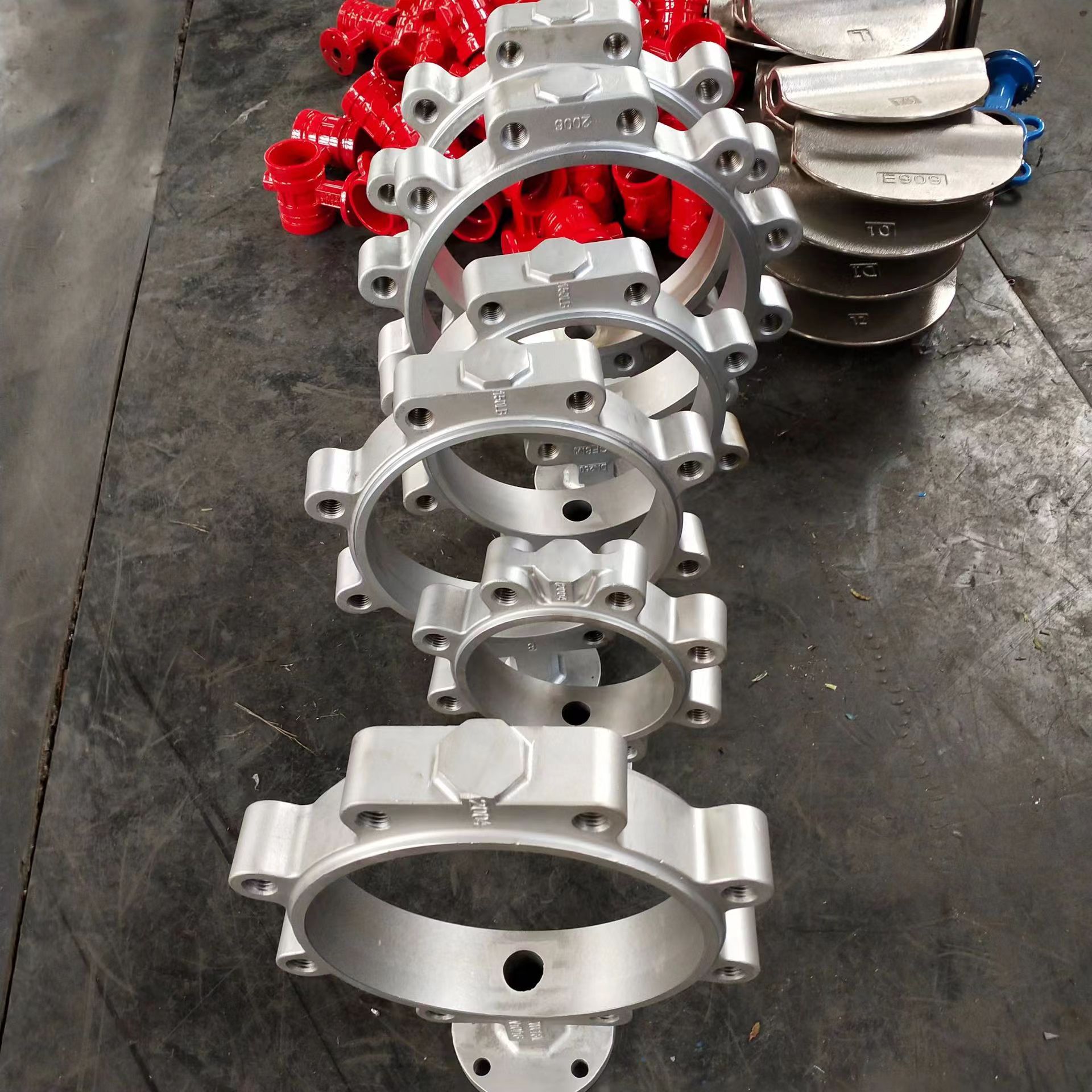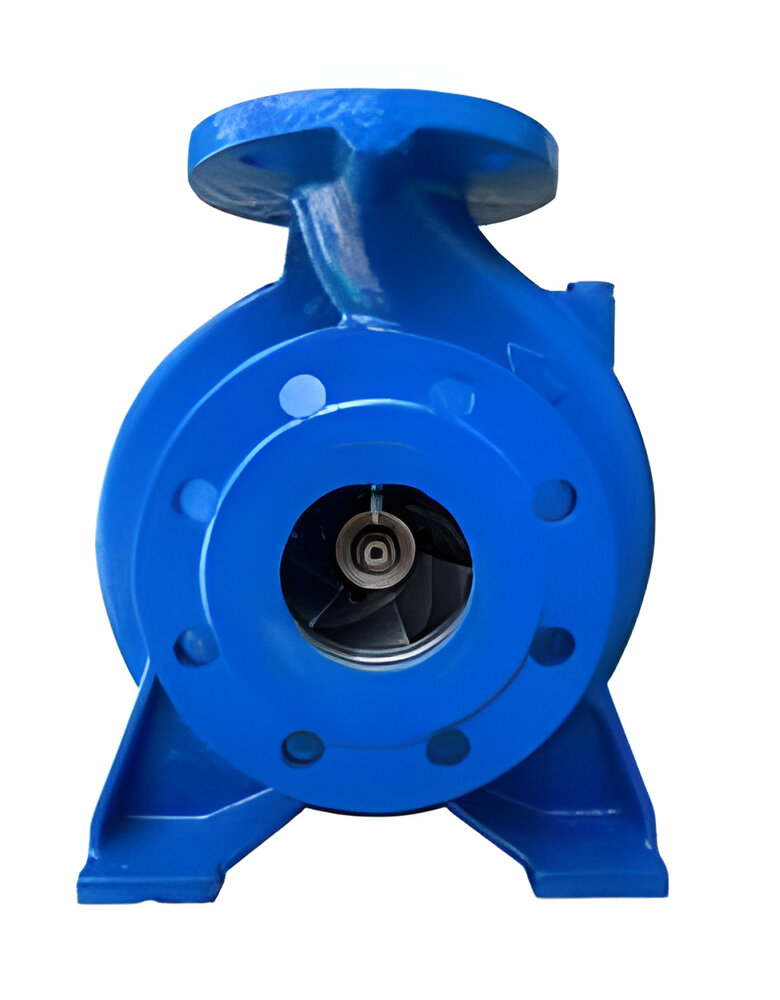Pump impellers are crucial components in various types of pumps, ensuring the efficient movement of fluids. Whether it's a water pump impeller or a cast iron pump impeller, understanding their manufacturing process, applications, and benefits can greatly assist in making informed purchasing decisions.
Manufacturing Process of Pump Impellers
Impeller casting is a specialized manufacturing process designed to produce high-quality pump impellers. The process typically involves creating a mold from a pattern that replicates the desired shape of the impeller. This mold is then used to form the impeller using molten metal, which, upon cooling and solidification, takes the shape of the impeller.
Common materials used in impeller castings include cast iron, stainless steel, and bronze. Cast iron pump impellers are particularly popular due to their durability and cost-effectiveness. The choice of material often depends on the specific application and the type of fluid being pumped.
Applications of Pump Impellers
Pump impellers are used in a variety of applications across multiple industries:
- Water Treatment Plants: Water pump impellers are essential in water treatment facilities, helping in the circulation and purification of water.
- Agricultural Irrigation: Pump impellers are crucial for irrigation systems, ensuring a steady supply of water to crops.
- Industrial Processes: In industries, pump impellers are used to move chemicals, slurry, and other fluids essential for various manufacturing processes.
- Marine Applications: In the marine industry, cast iron pump impellers are used in bilge pumps and other critical systems to ensure the proper functioning of vessels.
Product Details and Benefits
- Durability: Cast impellers, especially those made from cast iron, offer excellent durability and resistance to wear and tear. This makes them ideal for heavy-duty applications where longevity is crucial.
- Efficiency: Properly designed pump impellers ensure efficient fluid movement, reducing energy consumption and operational costs.
- Customization: Many impeller casting manufacturers offer customization options, allowing customers to get impellers tailored to their specific needs.
FAQs about Pump Impellers
Q: What factors should be considered when selecting a pump impeller?
A: When selecting a pump impeller, consider the type of fluid to be pumped, the required flow rate, pressure requirements, and the material of the impeller. Consulting with impeller casting manufacturers can help in choosing the right product.
Q: How often should pump impellers be replaced?
A: The replacement frequency of pump impellers depends on their material and application. Regular inspection and maintenance can help determine when a replacement is necessary. Cast iron pump impellers, for instance, might need less frequent replacement due to their durability.
Q: Can pump impellers be repaired?
A: In some cases, pump impellers can be repaired if the damage is minor. However, for significant damage, it is often more cost-effective to replace the impeller.
For those in need of high-quality pump impellers, our website kt-foundry offers a wide range of options. From water pump impellers to cast iron pump impellers, we provide products that meet rigorous standards and ensure optimal performance. Visit kt-foundry to learn more and contact us for your pump impeller needs.

